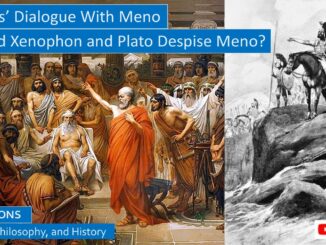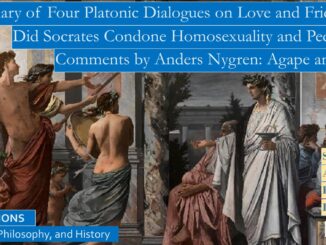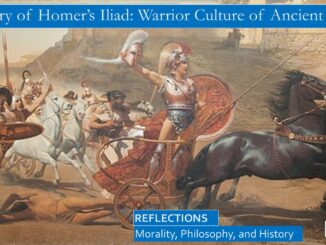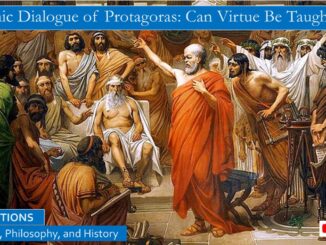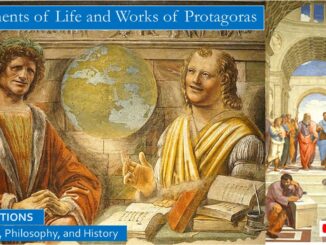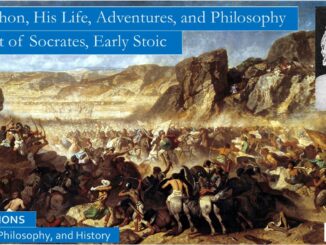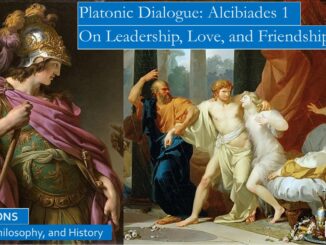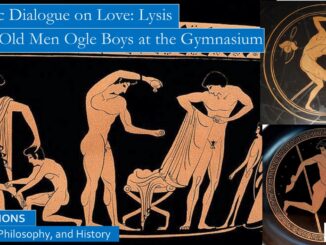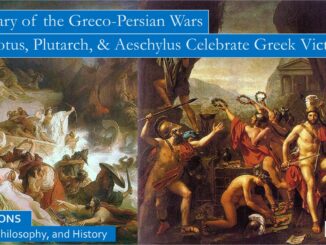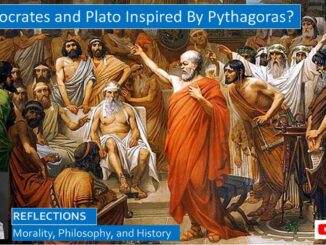
Did Pythagoras Influence Plato? How Mathematics and Music Reveal the Divine Order
Diogenes concludes that “the most important aspect of human life, according to Pythagoras, is the power to persuade the soul towards good or evil. Men who acquire a good soul are blessed,” while evil men “are never at rest,” nor can they keep to the narrow path. “Justice has the force of an oath, which is why Zeus is called the God of Oaths. Virtue is harmony and health and goodness in its entirety and god itself.” The universe is governed by “the laws of harmony. Friendship is harmonious equality.”
Diogenes then shares Pythagoras’ instructions for purification, some of which resemble the ancient Jewish laws. “Purity is attained by cleansing, ablution, and sprinkling with lustral water, and by avoiding all contact with cadavers, women in childbirth, and that defiles,” and beans and eggs and other forbidden foods. […]

